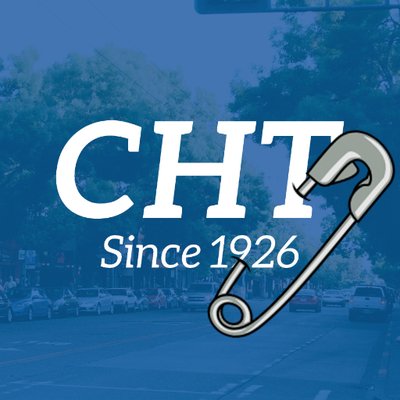BP's black tide still devastating lives

Capitol Hill Times’ coverage of Juhasz’s book tour talk at Town Hall Seattle.
Just more than a year after the world’s biggest unintentional oil spill — the disaster that unleashed a quantity of oil equivalent to the Valdez oil spill into the Gulf of Mexico every four days — the nation has directed its gaze elsewhere.
But Sheila Kelley of Bainbridge Island — who joined a crowd of about 30 at Town Hall on April 28 to listen to Antonia Juhasz talk about her book, “Black Tide: The Devastating Impact of the Gulf Oil Spill” — knows the BP oil spill is not over.
Her son Sean Kelley, a 42-year-old boat captain from Seattle, worked for three months on the BP cleanup in the Gulf of Mexico and is one of many spill workers who are experiencing a slew of serious health effects, described by some as TILT, or Toxicant Induced Loss of Tolerance. Kelley and many others say that exposure to the chemical dispersant used in the cleanup is to blame.
Sheila Kelley lists a disturbing host of symptoms with the fluency of someone who knows them all too well: “Uncontrollable tremors, extreme joint pain, muscle weakness, respiratory problems, rashes, brain fogs.
“His tremors became so intense,” she said. “Once his friend noticed that Sean’s ankle had started to bleed after banging uncontrollably against the leg of his chair.”
Kelley’s son has sought treatment and detoxification regimens from numerous physicians, but he has received no financial help from BP.
“Some people are so incapacitated, they can’t work,” Juhasz said. “BP has no responsibility for health issues.”
Everyone’s responsibility
Also still suffering the effects of the spill are numerous shoreline communities where residents have been stripped of their sea-dependent livelihoods.
“People need to understand that the oil hit like a hurricane. Some places are clean, and some places are still completely devastated,” she said.
Since the BP disaster, not one piece of legislation has passed demanding that the oil industry invest in new technologies for drilling and better strategies for cleanup, Juhasz said.
The oil industry has dumped loads of money into lobbying lawmakers, she said, and the spill and its lasting impacts have faded from the headlines.
“The photos of the oil birds really motivated people,” Juhasz said. Once those photos faded out of the mainstream, people thought that meant that the disaster was over.
The decline in disturbing images from the Gulf did not reflect a decline in devastation, but rather enforcement efforts that kept media from getting close to the ugliest parts of the spill, she said.
Juhasz projected a photo of an oil burn. A thick tower of black, billowing smoke rises off a raft of flaming oil, gathered together by brightly colored oil booms. One of the key cleanup methods, oil burns were barely publicized for as often as they occurred, she said.
“We have to parent the oil industry,”Juhasz said. “As long as we are dependent on them, we must hold ourselves deeply responsible for what happens within it. It is the responsibility of those of us who know it’s not over to continue to fight.”
[Editor’s note: This story has been corrected to reflect that Sheila Kelley lives on Bainbridge Island, not in Seattle, as originally published.]
